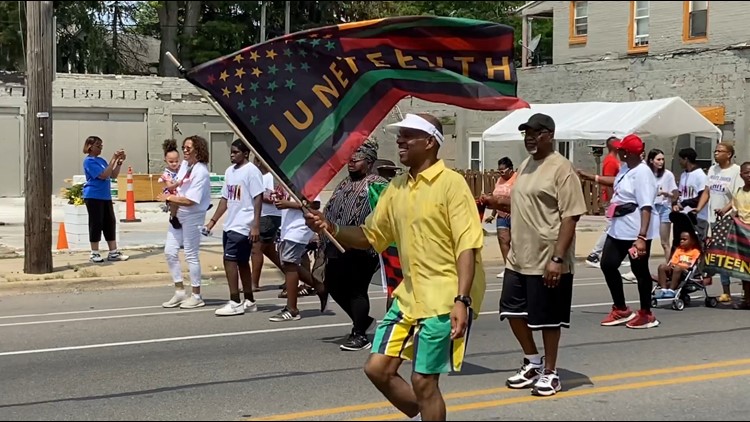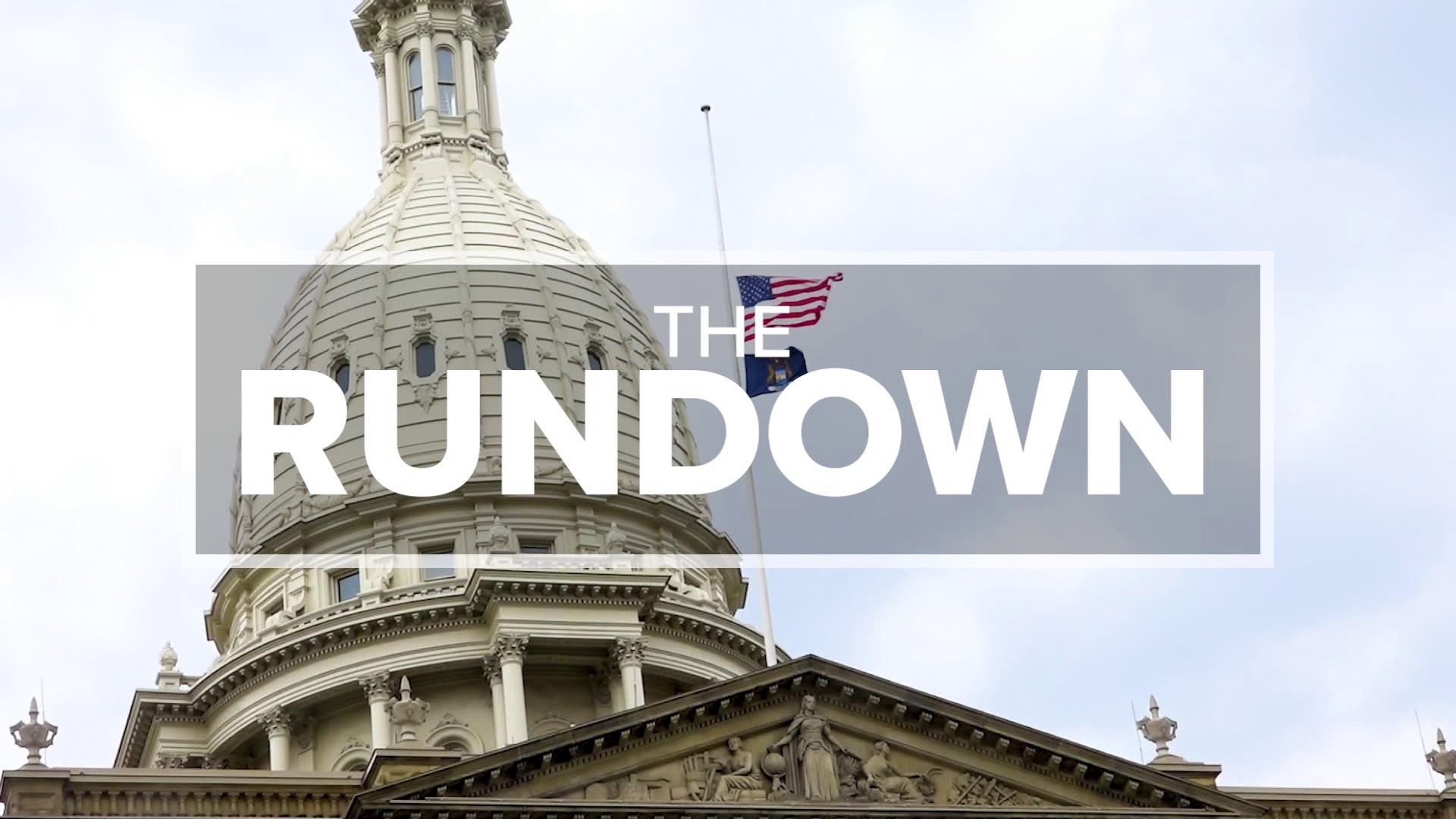LANSING, Mich. — On Wednesday, Gov. Gretchen Whitmer signed Senate Bill 50 to officially recognize Juneteenth as a state holiday.
After gaining widespread recognition in recent years, Juneteenth is now widely celebrated on June 19 to commemorate Black history, Black culture and the end of slavery in the United States on June 19, 1865, as word reached the last enslaved people in Galveston, Texas.
Juneteenth is also a federal holiday.
“On Juneteenth, we come together to celebrate fundamental American values of freedom and equality, embodied by the stories and legacies of the Black community,” Whitmer said in a statement following the signing. “Juneteenth is a moment of celebration and reflection, but it is also an opportunity to recommit ourselves to action."
Previously, Whitmer had established Juneteenth as a holiday for state employees. Following the signing of the bipartisan legislation on Wednesday, however, the holiday will now permanently be recognized each year, making it one of a dozen full state holidays.
Michigan will now join at least 28 other states and the District of Columbia, alongside the federal government, formally recognizing the holiday.
“Juneteenth is an important opportunity to highlight the stories of Black Michiganders and celebrate the path we are walking toward the freedom, equality, and justice that is the promise of Michigan and America,” Lieutenant Governor Garlin Gilchrist said in an accompanying statement. “This bill will codify Juneteenth into law as a state holiday and ensure we take time every Juneteenth to recognize both the progress we have made and the work we must continue to do together."
Grand Rapids' own celebration this past June, marked by a march as well as hours-long cultural festivities at Dickinson Park, came together under the leadership of Jewellynne Richardson, known to those in the community as Mama Jewel.
"We teach, as well as enjoy," Richardson said. "We spread the good news about all the contributions of the African people of this world."
Bringing the celebration and the continuance of African culture to the city, she said, is vital.
"It is so important to recognize freedom day for the African people," Richardson said. "Not African American; we are African in America."
As some still remain unaware of its meaning, Richardson wasn't the only one at Monday's celebration that hoped to bring the message of Juneteenth to Grand Rapids through African-inspired entertainment and learning.
"Not enough kids didn't know about - or not even just kids, but people - didn't know about where they came from or what's going on, or they don't even know what Juneteenth is," Kuungana Drum and Dance Group member Joseph Harvey said. "It's so important for people to know stuff like that."
Organizers hope to pass the meaning of the holiday and its history onto West Michigan and the next generation one step at a time.
"It is so important to spread that information to the next generation because once we get the recognition of our freedom, next will come reparations from the great, great City of Grand Rapids," Richardson said.



